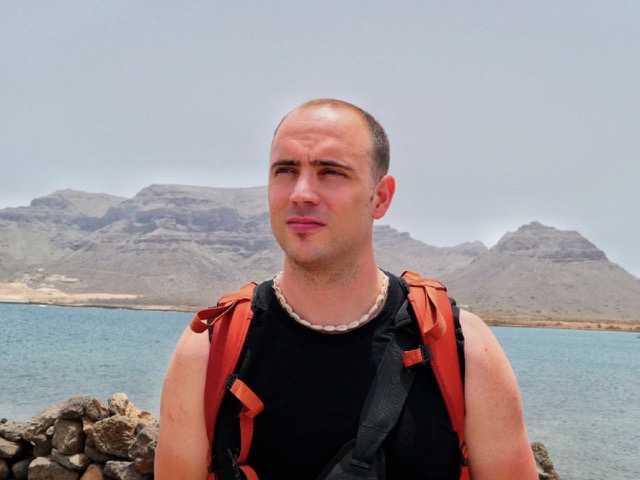CIAFF welcomes Nadir Samos as new visiting professor

Nadir Samos has started working at CIAFF as new visiting professor in the Quantum Technologies group.

Nadir Samos has started working at CIAFF as new visiting professor in the Quantum Technologies group.
Four projects under the Proyectos de Generación de Conocimiento 2024 call have been awarded to seven CIAFF principal investigators from the areas of astrophysics and cosmology, experimental particle physics, and nuclear physics.
Following the results of the recent elections, Luis Robledo is officially appointed as the new Director of CIAFF, succeeding Jose del Peso in this role.
In the coming days, the new Scientific Secretary, who will replace Samuel Giuliani, will also be announced by the new Director.
The CIAFF warmly congratulates Luis and whishes him a successful and productive term as Director.
Today at 17:00, the election day for the position of Director of CIAFF officially concluded. After counting all the votes, Luis Robledo is provisionally proclaimed as the new Director of CIAFF.
The period for submitting claims against this proclamation will remain open from September 23 to September 26. If no claims are received, the definitive proclamation will take place on October 2.
In accordance with the electoral regulations, the members of the Electoral Board and their alternates have been designated for the upcoming election of the Director of the CIAFF, which will take place on September 19, 2025.
Electoral Board Members
President: José María del Peso
Member (Vocal 1): Samuel Andrea Giuliani
Member (Vocal 2): Gustavo Yepes
Alternates
President (Substitute): Juan Terrón
Ana Cueto, Ramón y Cajal researcher in the Department of Theoretical Physics at the Universidad Autónoma de Madrid (UAM) and CIAFF member, has been awarded one of the prestigious Starting Grants from the European Research Council (ERC) for her project "Plusphoton". These highly competitive grants support outstanding early-career researchers in launching their own projects and building independent teams.
In accordance with the electoral process for the election of the Director of the CIAFF, we hereby announce the publication of the final electoral roll.
The definitive list of eligible voters has been verified and approved, incorporating any modifications resulting from the claims and corrections submitted during the provisional period.
We are pleased to announce the final proclamation of candidacies for the position of Director of the CIAFF:
This final list reflects the candidacies that have been duly verified and confirmed in accordance with the requirements of the selection process. With this proclamation, the candidacy is considered official and definitive for the upcoming election process.
The “On-Si” initiative, led by members of the CIAFF Microelectronics research group, has been awarded with the Most Innovative Project Award in the UAM Entrepreneurship Program for Researchers. This accolade was announced on July 9 during a presentation of eight entrepreneurial proposals in the field of Materials and Industrial Processes, held under the umbrella of the "UAM Emprende" initiative.